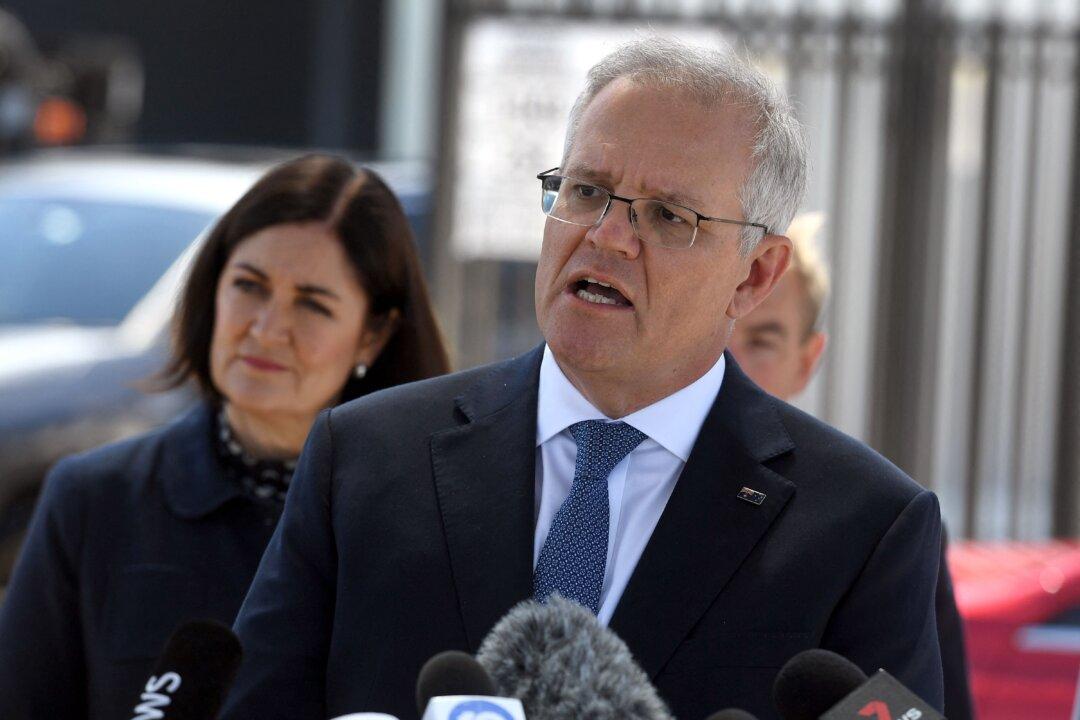Australia has again extended COVID-19 biosecurity measures governing controls around who can enter and leave the country.
The measures under the Biosecurity Act, in place since March 2020, will extend until Feb. 17.

Australia has again extended COVID-19 biosecurity measures governing controls around who can enter and leave the country.
The measures under the Biosecurity Act, in place since March 2020, will extend until Feb. 17.